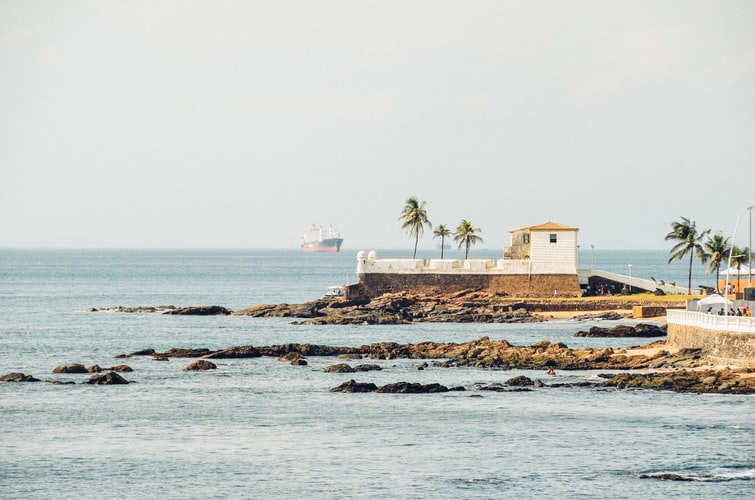What You Need To Look For When Buying A Property On The Coast

The sand, the warmth, the sound of crashing waves, or the horizon, everything will be available to you 24/7, just right in front of your door. This is why beach houses are there. It is more like a dream for every beach lover.
Beach houses are considered the ultimate investment. You can use it as a place to rest or relax for a few days. You can also use your beach houses as an extra source of income.
Coastal homes are stunning, and it’s easy to see why many people become attracted to them. You can look out to sea and watch the water disappear into the horizon, and your back garden gives way to beautiful beaches and stunning scenery.
There are usually quaint seaside towns nearby that offer a lot of charm and character, and the atmosphere is serene. Yes, living on the coast has much to offer, but this is why coastal properties are more expensive.
What You Need To Look For When Buying A Property On The Coast?
In addition to being an ideal living environment, there aren’t as many coastal properties readily available as there usually are in cities, suburbia, or the rural countryside.
This is why if you’re planning to buy a coastal property, you need to make sure you look out for the following things to get a home worth the investment.
Scope Out The General Area
Many places on the coast are great places to live, but some aren’t as nice as others. Before offering any property, you should always scope out the local area to see what it’s like. This will affect the house price and your overall living experience.
For example, is there a high crime rate? Are the schools good? Is there a town center nearby that is big enough to get everything you need and have things to do for entertainment and socializing?
You can always speak to your real estate agency for more information, as they should be able to tell you more about the local area, like this agency in Costa Rica that can help you get to know the Papagayo area where they have listed properties.
You should also do some investigating yourself, though, and spending a weekend in your area of interest is a good idea.
Transport Links
Another thing to consider when considering a coastal property is how easy it is to get there. Many of them are remote, and while this might be attractive in some ways, it can be a hindrance in others.
For example, if you are buying the property to rent out as a holiday let, or you don’t drive/have friends and relatives that will need to rely on public transport to visit you, then you must make sure there is a train station, airport, and regular buses to make accessing your home more accessible.
Weather Damage And Position
Finally, when viewing the property, make sure you’re paying careful attention to signs of weather damage. Coastal homes can get battered by the elements a little more than other areas because of their position.
Stormy weather usually hits the coastal area first, and the salt air can sometimes lead to quicker corrosion of wood and metals.
You should also think about how close the property is to the sea’s edge. Although looking out directly onto the ocean can be a dramatic and beautiful view, being on a cliff edge isn’t always the best position – particularly if you have young children who like to go exploring.
If you’re dreaming of relocating to the coast, remember these tips when you’re viewing properties to make sure you get the perfect coastal home for you.
The Distance From The Sea
I know those who love the sea always crave a fantastic sea view. But there are a lot of things that you need to take care of. Firstly, you have to consider what you are getting in return for your money.
The beachfront houses can be a little costlier. On top of that, you are most likely to get more amenities and features for the money if you look for a house that is located a few streets away from the front.
A seafront property can be a lot more expensive for you to insure. It might not be a good option for your investment.
Maybe in the future, you are planning to expand your family. In such cases, you would require some extra bedrooms, a garage, or even a personal garden for yourself. So, it is necessary to consider a spacious for the long run.
The proximity to the water can be beneficial for the property’s value. But, there are also significant uncertainties of flood dangers as well as a lack of protection rates. So, avoiding a beachfront house can be a good option for you.
The Final Thoughts
Buying a property on the coast can be your best decision ever. The above listed are some of the vital factors that you need to look after when purchasing a coastal property. If you have any questions regarding this, you can ask them in the comment section below.
Buying a beach house can be a thrilling experience. But it can be stressful as well. The guide will be helpful for you to begin your journey for beach home ownership.
When you are looking for a beach house, it is essential to check for its foundation and lifting. You can consult with a real estate professional to look for a safe and stable home.
Read Also:















Leave A Reply